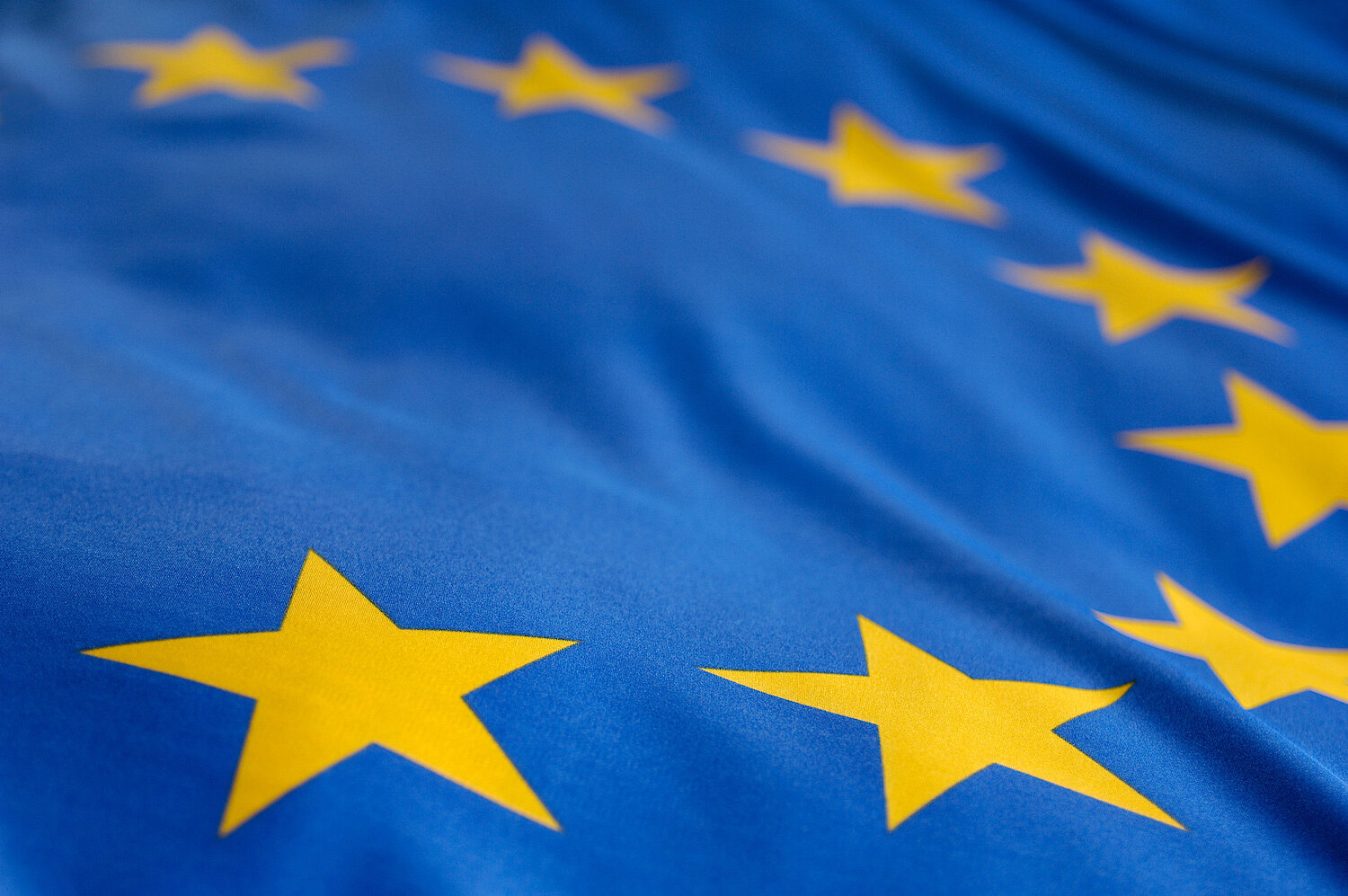Waste prevention in Europe
Scoping study on the feasibility of further EU policy measures to reduce waste generation in Europe by the Umweltbundesamt, the Environment Agency Austria on behalf of the European Commission

The EU waste policy provides the framework to improve waste management and reduce the quantity of waste generated. Nevertheless, the volume of waste in the EU Member States increased from 2,210 million tonnes in 2010 to 2,340 million tonnes in 2018 (+6 %). Without policy interventions, it is expected that the EU will be confronted with a further increase of up to 3,190 million tonnes in 2035 (+36 % compared to 2018).
The aim of the Environment Agency Austria’s study was to identify feasible policy measures on waste prevention at the EU scale, considering measures to overcome barriers to waste prevention and identifying best practice examples with upscaling opportunities based on desktop research and stakeholder consultation.
Problematic waste streams and additional measures
The following six waste streams were identified as problematic in terms of past and future waste generation, making them priority candidates for additional waste prevention measures at the EU level:
- end-of-life tyres
- end-of-life vehicles
- construction and demolition waste, including mineral waste, soils and non-packaging metallic, plastics and glass waste from construction activities
- textile waste
- waste from electrical and electronic equipment
- municipal waste, including residual municipal solid waste, non-packaging metallic plastics and glass waste from households (excluding packaging and food waste due to the scope of this study).
Based on an initial identification and assessment of the impacts of the identified waste prevention measures, a bulk of measures was proposed for each of the six key waste streams. The proposed measures cover a broad range, from waste reduction targets to guidance and promotional activities. For all proposed measures, an estimated waste reduction potential of 243 million tonnes for the period 2018 to 2035 was calculated.
Key factors for successful implementation of measures
The Austrian expert also identified the following key factors for the successful implementation of waste prevention measures, based on the analysis of current socio-economic and legal barriers to waste prevention:
- legally binding requirements instead of voluntary agreements and consistent enforcement
- sustainable financing of waste prevention measures by establishing markets, new business models, tax incentives, providing funds (public funds, funds established under extended producer responsibility)
- regular monitoring and evaluation of waste prevention measures including data collection and reporting routines
- public institutions as frontrunners in sustainable procurement, taking account of waste prevention criteria
- broad regional coverage of waste prevention measures
- consolidation and formalisation of community engagements through the establishment of networks and umbrella organisations
- packages of waste prevention measures instead of individual measures.
The results of the study will support the European Commission in strengthening EU waste policy, specifically in the context of the waste prevention requirements stipulated in the European Waste Framework Directive.
